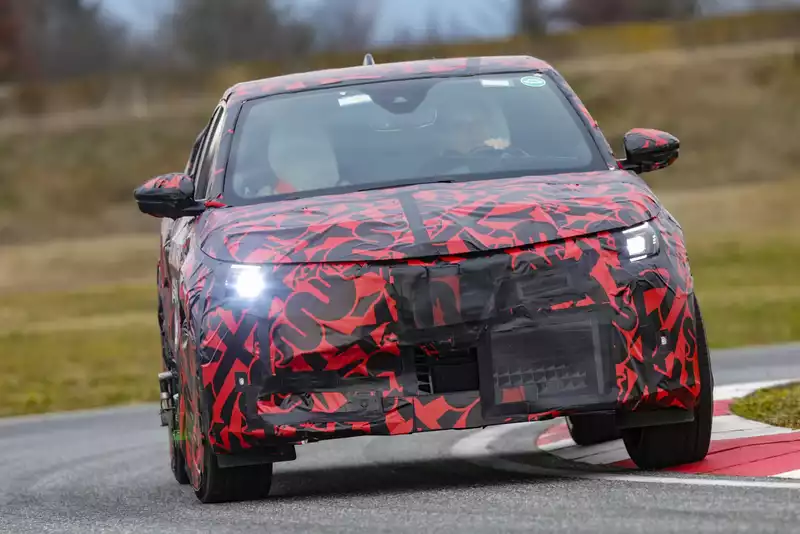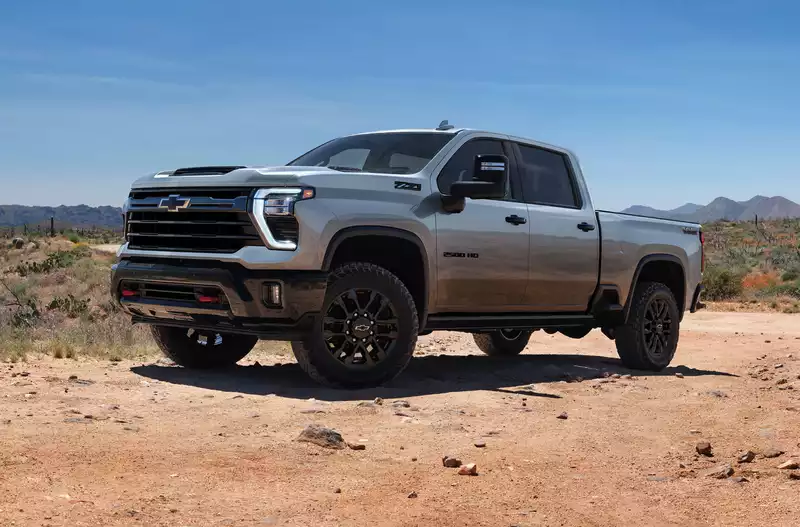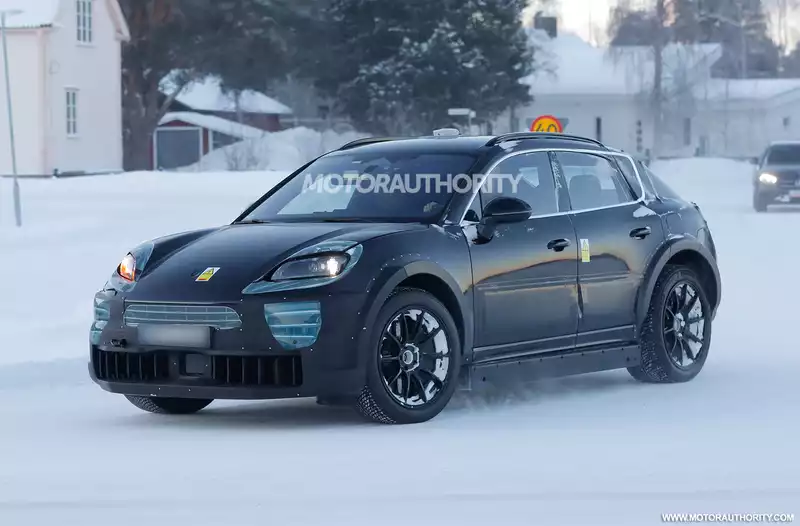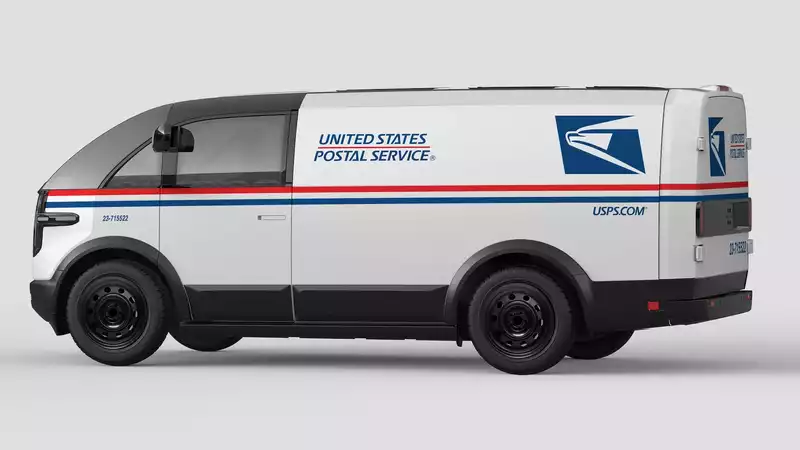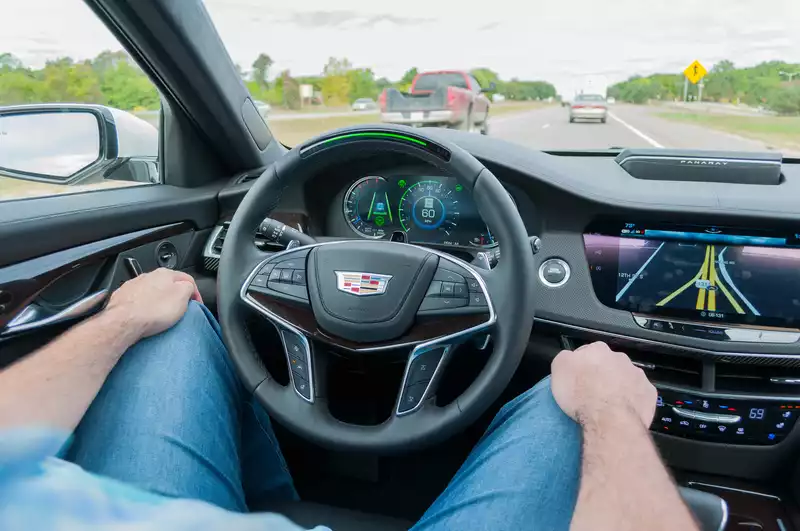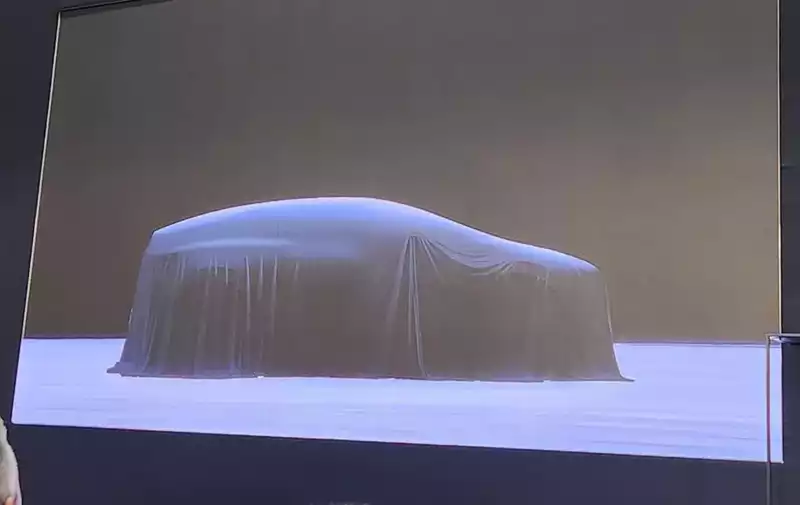Cruise aims to have "thousands" of robot cabs by 2023.
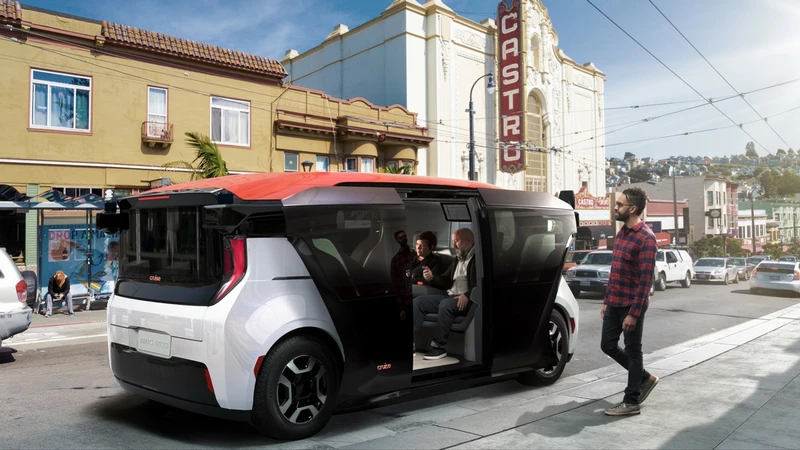
Cruise, a self-driving technology company majority owned by General Motors, plans to rapidly expand its robot cab service in 2023, Cruise Chief Operating Officer Gil West told Reuters in an interview published Wednesday. [Cruise's service is already offered on a limited basis in San Francisco, and the company has previously announced expansion to Austin and Phoenix.
West said Cruise plans to expand its service to more U.S. cities in 2023, adding "thousands" of vehicles.
Separately, Cruise CEO Kyle Vogt said the company aims to generate $1 billion in revenue by 2025, which is still about half of what GM invests in the company each year.
Cruise's fleet currently consists of Chevrolet Volt EVs equipped with Cruise's own self-driving system, but Cruise plans to eventually add a dedicated vehicle called Origin. West told Reuters that Origin will help Cruise improve its bottom line by reducing costs.
Cruise is currently testing a prototype of Origin in San Francisco. The vehicle is based on GM's Ultium EV platform and will be built by GM.
Self-driving technology companies have come under increased scrutiny from investors following the bankruptcy of Ford and Volkswagen Group-backed Argo AI in October. As a result, rivals have made several significant announcements. Alphabet's Waymo announced plans to expand into Los Angeles in October and unveiled a vehicle dedicated to its robo-taxi service in November; VW Group said in October that despite the demise of Argo AI, which had developed the service, its own robot cab service is on track for a 2025 launch The company said it is on track to launch the service in 2025. Meanwhile, Baidu said this week that it aims to offer the world's largest robot cab service by the end of 2023.
